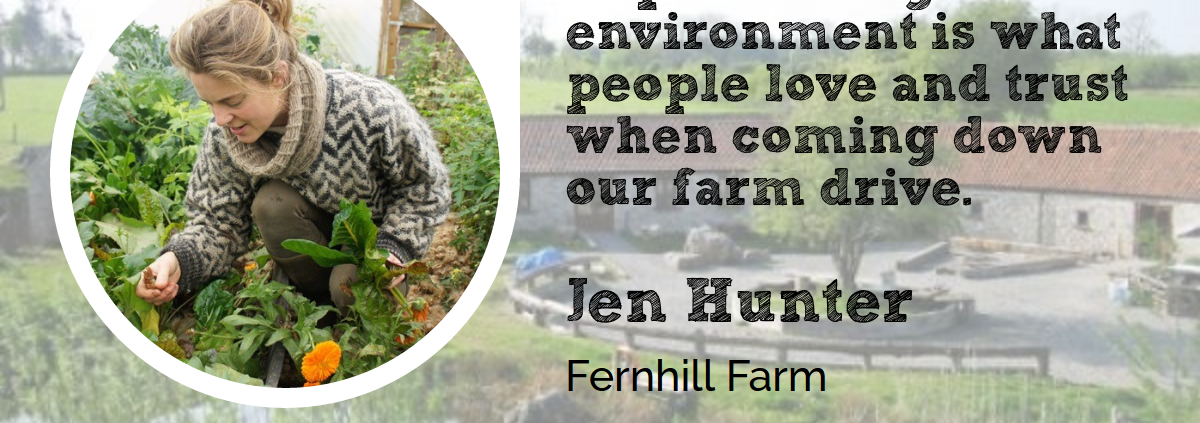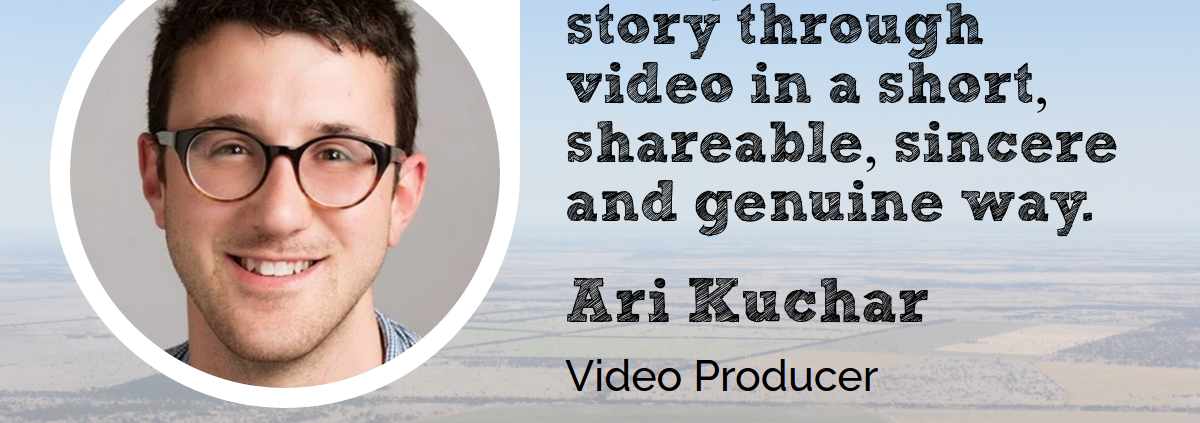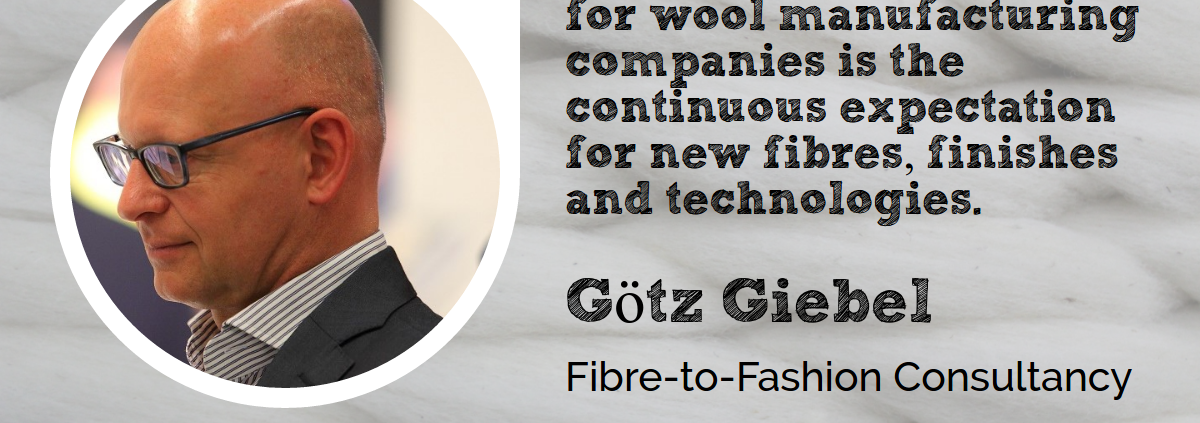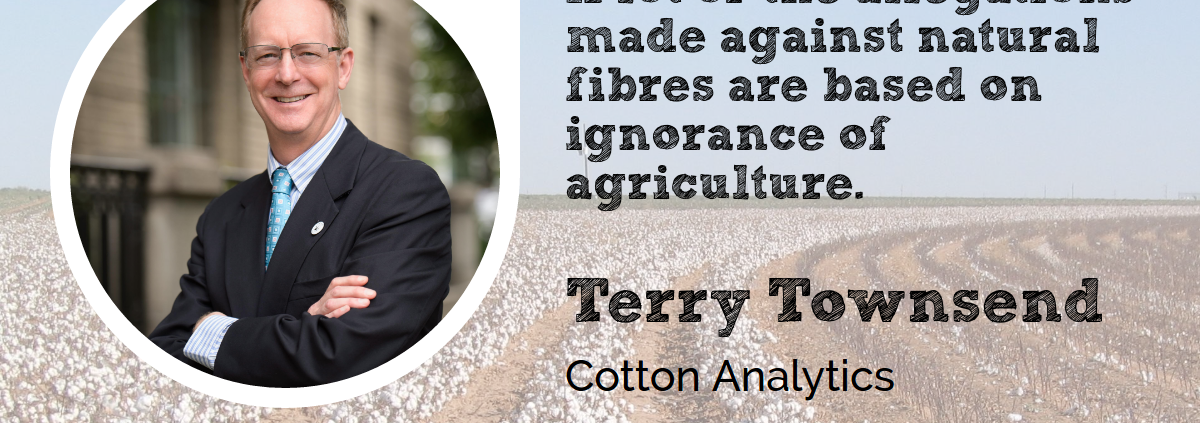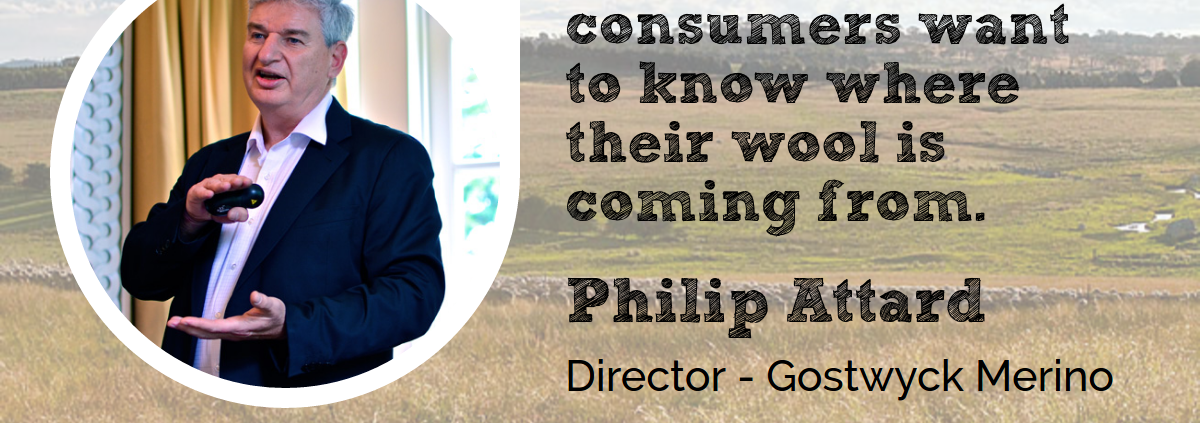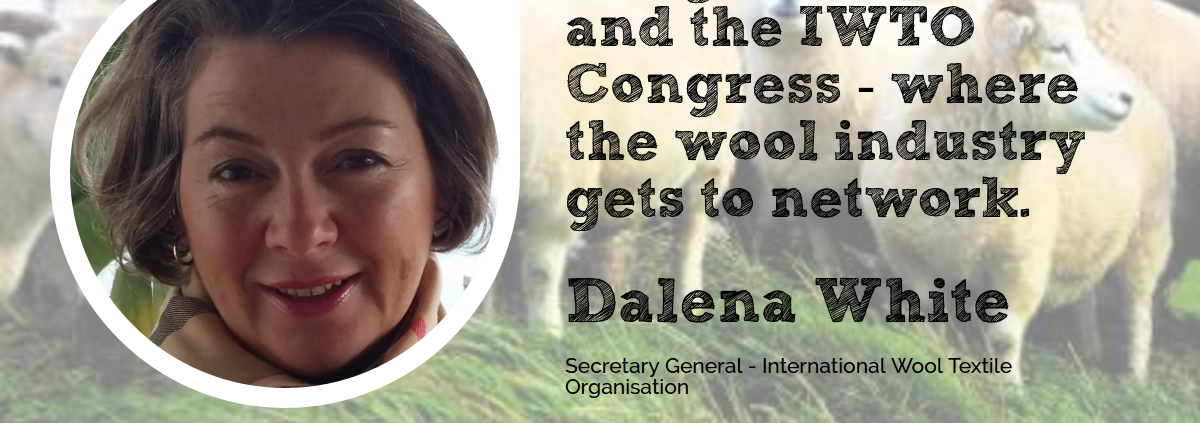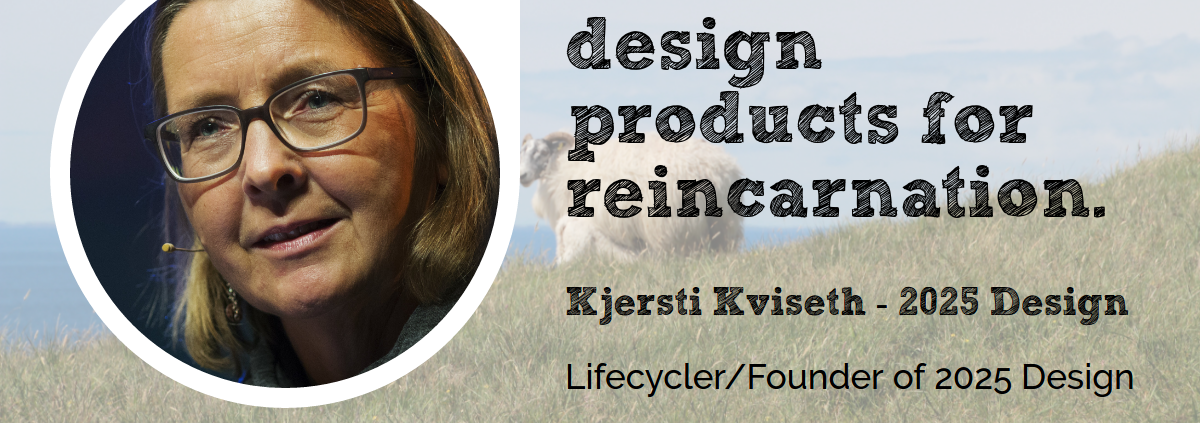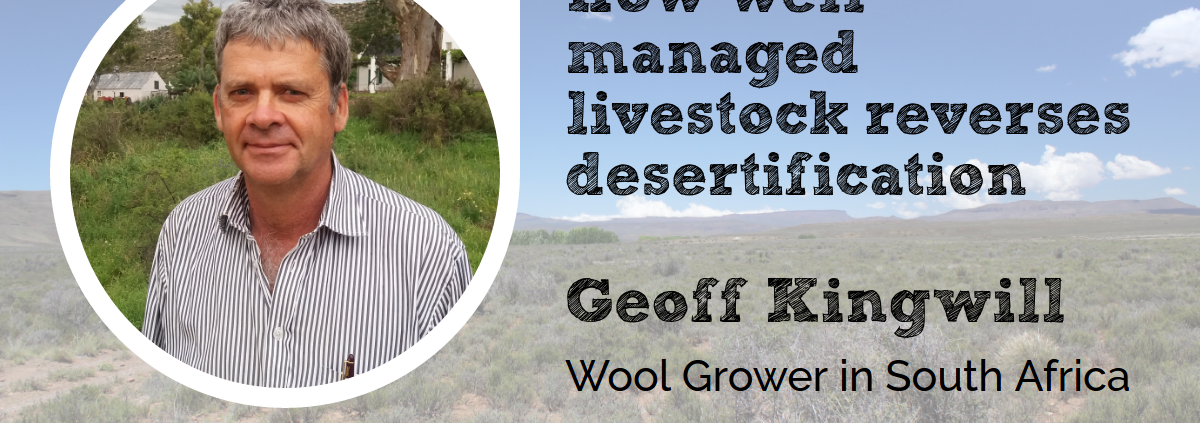#026: Debbie Luffman shares Finisterre’s unique wool story
Debbie Luffman shares Finisterre’s love of wool and explains how in her work she approaches the realities of making the best product with the least environmental impact. She does this through passion, unravelling the supply chain and engaging with the modern conscious consumer. This involves also an apparel repair service which helps Finisterre reduce their environmental impact as well as learning and improving their products over time. Debbie shares Finisterre’s approach to educating the consumer about wool and the challenges the brand faced when working with wool. Surprisingly many of Finisterre’s manufacturing suppliers tend to be hesitant to work with wool. However, whenever a new wool fabric was developed together with Finisterre the results were phenomenal.
About Debbie Luffman
Finisterre is a Cornwall based clothing brand, born from needs of hardy British surfers, offering functional and sustainable product with a strong sense of style for those who share a love of the sea.
Debbie has worked at Finisterre for 9 years after previously working as a designer in high street fashion brands. As Product Director at Finisterre, she heads up all areas of the Finisterre product, from design, fabric development, supplier sourcing through to buying.
Connect with Debbie Luffman here
Finisterre website
Finisterre Broadcast blog
Debbie’s LinkedIn profile
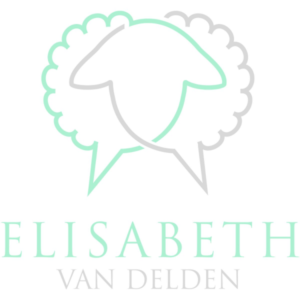
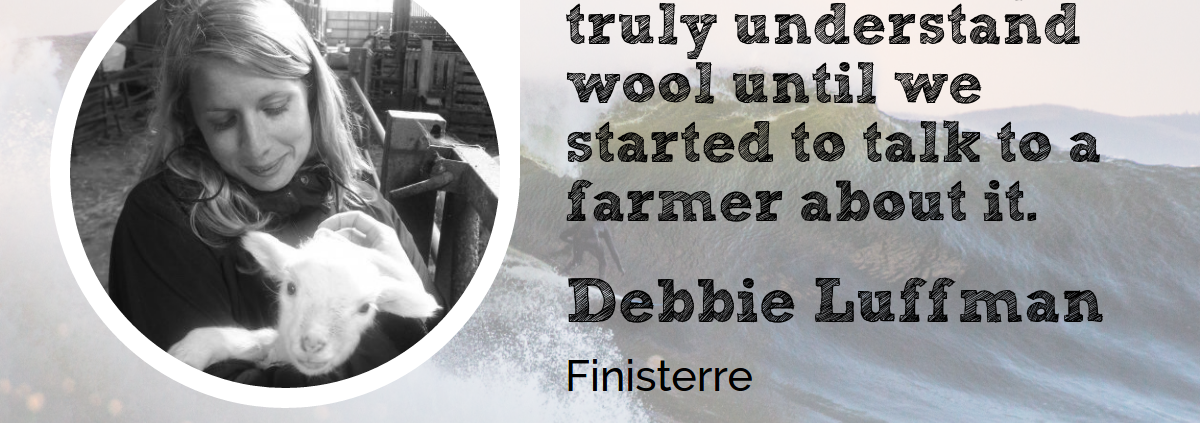
 Unsplash - mikael-kristenson-242070
Unsplash - mikael-kristenson-242070